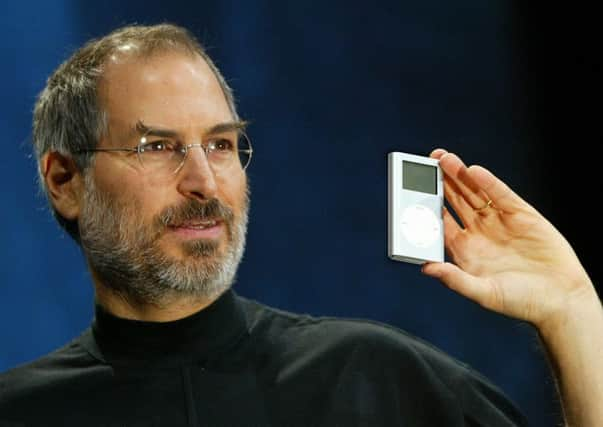Between the lines: Big business innovation viable


Giant corporations like General Electric, Cisco and IBM have gone to the lengths of bringing in start-up and venture capital talent as part of their strategy to keep ahead of the tech curve. One of the constant challenges for big business is keeping up with the latest technological developments and embedding them in ways that maximise the right kind of outcomes.
Michelin acquired Blackcircles.com, which I had founded in 2001, in May this year, with chief executive Jean-Dominique Senard citing innovation as one of the main characteristics that had attracted the French industrial group to our company.
Advertisement
Hide AdAdvertisement
Hide AdWhile I’m convinced the most important kind of validation you can have in business is from the customer, I’m not going to pretend that Senard’s comments didn’t make the team and me feel good about what we had created in little over a decade from a base in the Borders.
Innovation seemed a distant notion when I was ripping up Yellow Pages directories to find garages to become part of the network we wanted to build. But, looking back, I can now see the seeds of innovation, with the desire to disrupt an industry that was stuck in bricks and mortar and very resistant to change.
I had picked up great experience with Kwik Fit under Sir Tom Farmer’s tutelage and when Kwik Fit was bought by Ford the learning curve shot up. As a 21-year-old I was now studying the US auto market from Ford’s HQ near Detroit and plotting a way of doing things differently in tyres against the backdrop of a creaking, outdated industry. Back in Scotland, with those ripped-up directories lying around makeshift offices and mounting credit card debts (fellow entrepreneurs will be able to share the pain) we started to build the blocks of something that can now, many years later, be described as innovative.
We got our disruptive online business off the ground and resisted outside investment so we could build the kind of business we believed could do things differently. We then assembled a strong team including former Kwik Fit finance director Graeme Bissett and Sir Terry Leahy to guide us through the strategy and operations of a fast-growing company. When it came to taking Blackcircles to the next level, we looked at IPO and venture capital but decided on a large corporate who shared our vision when it came to innovation.
The ability to adapt is vital, not least as we face ever-stiffer international competition. We’re also up against statistics that suggest our innovation record in the UK would be much better if we could draw more people into tech-based industries – but it seems too many people still want to be bankers, lawyers and accountants. A quick disclaimer though, as these professions have been an important ingredient in our success.
What is increasingly clear is that start-up clusters like our own in Edinburgh and its now-proven winning formula mean we are more on track than ever before. Yes, the funding divide can be considerable when you look at other nations, but to go back to the words of Steve Jobs: “Innovation has nothing to do with how many R&D dollars you have. It’s about the people you have, how you’re led, and how much you get it.”
If we trust in Steve, the future looks very bright for Scottish innovation.
l Mike Welch is the CEO and founder of Blackcircles.com